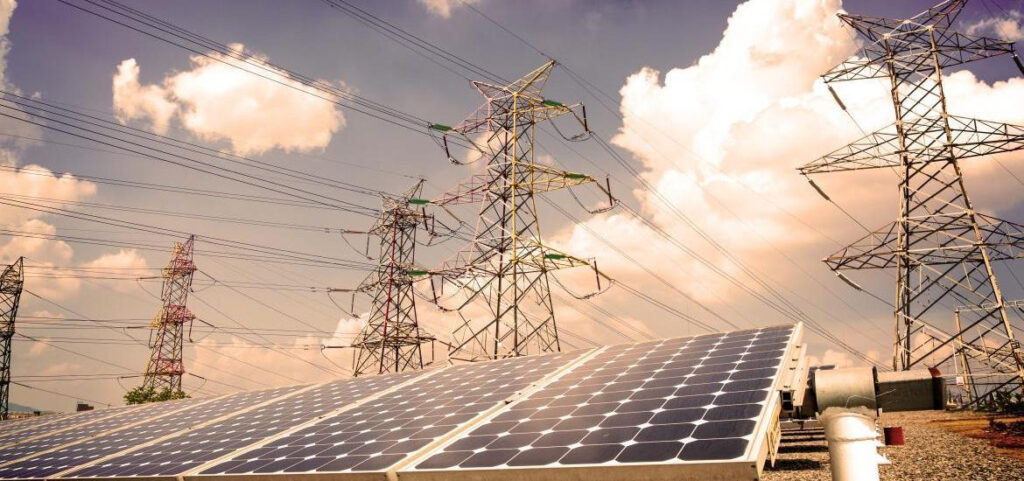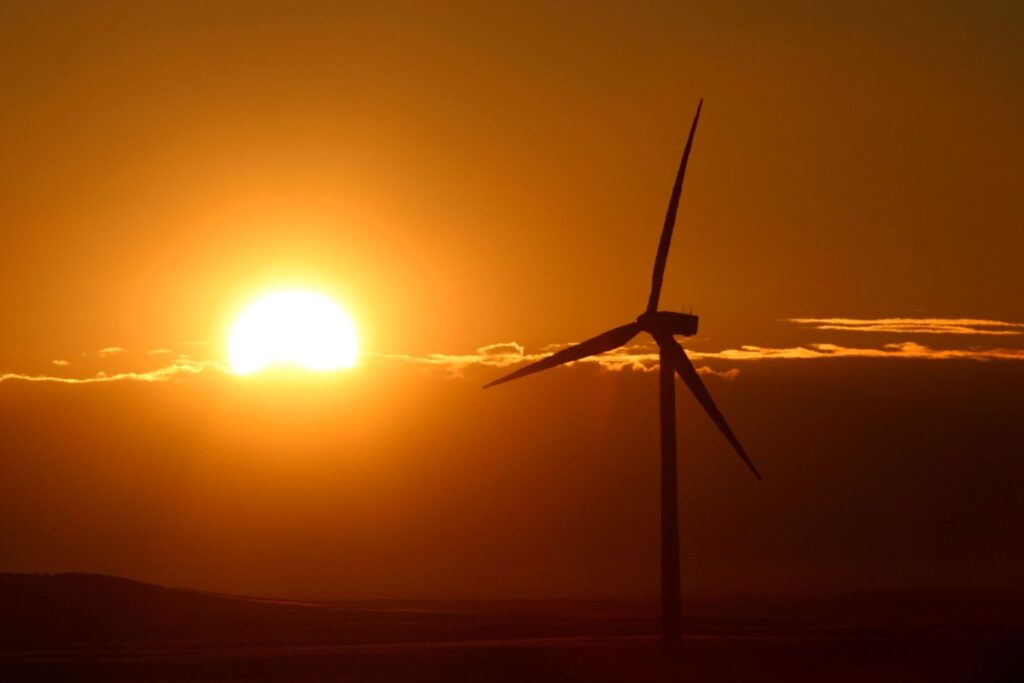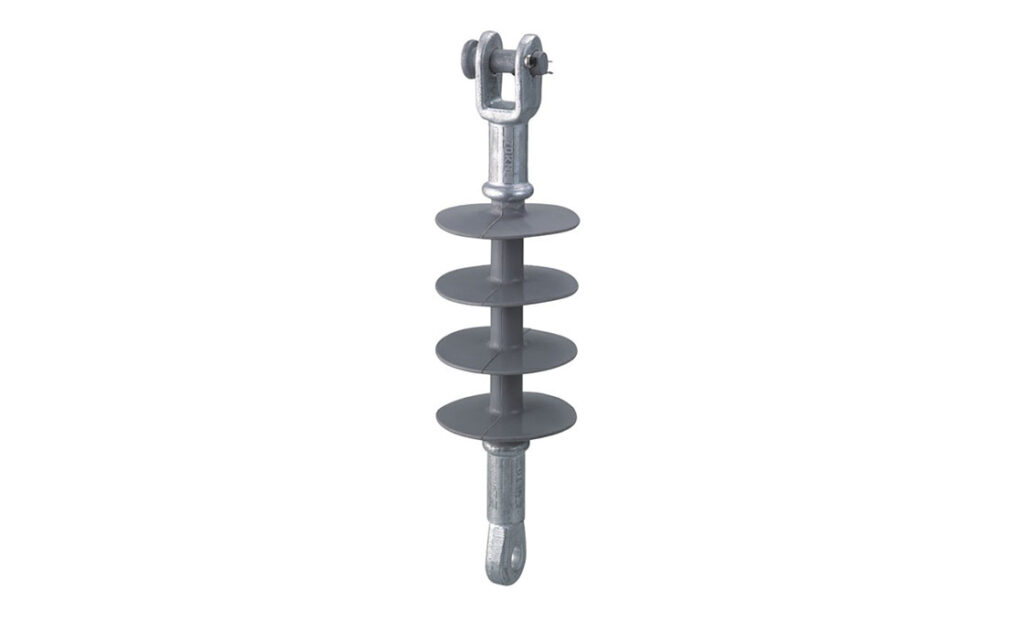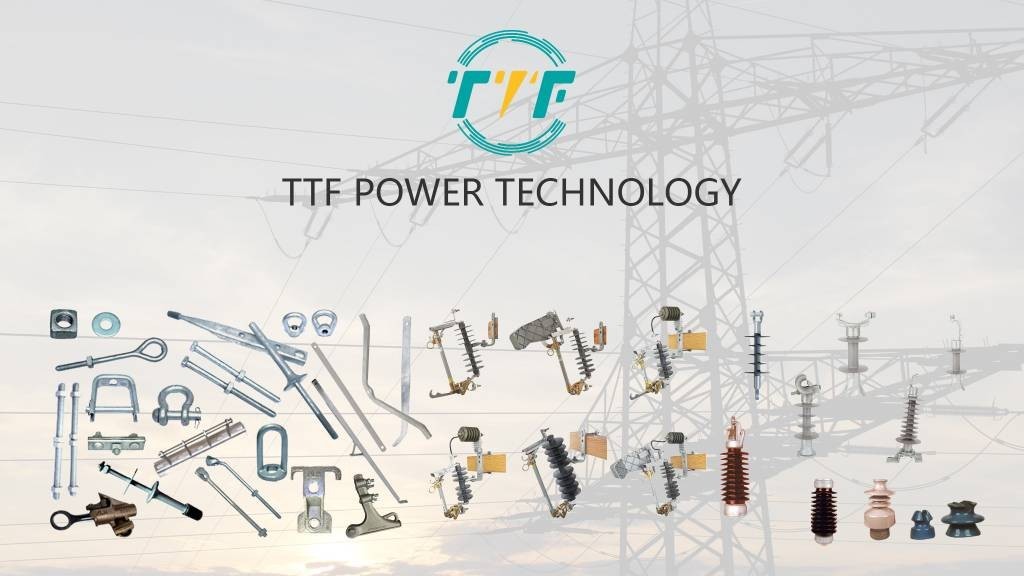
The mining decarbonization aims of Vale and GreenIron in Brazil are inextricably linked to the energy industry. The mining industry has the potential to revolutionize Brazil’s energy landscape by implementing renewable energy, electrification, and cutting-edge technologies. Mining corporations intend to lessen their dependency on fossil fuels and switch to renewable energy sources for their operations. The big players aspire to use 100% renewable electricity. The mining industry may help do climate goals by promoting renewable energy, green hydrogen, and electrification. Brazil’s mining decarbonization promotes renewable energy expansion, technological innovation, job creation, and worldwide leadership. Pin insulators help to maintain electrical infrastructure in Brazil’s energy sector.
Pin insulators deliver power generated by renewable sources to mining locations. They enable the electrification of mining equipment such as trucks, drills, and processing facilities. This helps to lessen the need on diesel fuel for operations. Pin insulators prevent electrical current from leaking into the support structure. This assures the safe and consistent transfer of electricity. This is critical for the efficient functioning of electrified mining operations. Insulators are critical components of the electricity infrastructure that enable the mining sector’s decarbonization. This helps to meet the goal of lowering greenhouse gas emissions from mining activities.
Technologies utilized in Brazil’s mining decarbonization targets
Brazil’s mining industry is implementing cutting-edge technologies to cut greenhouse gas emissions and meet decarbonization targets. The technologies include renewable energy integration, electrification, emissions reductions, and efficiency enhancements. This establishes the country as a pioneer in sustainable mining techniques. The following are the primary technologies fueling this transformation.

- Renewable energy technologies—mining operations in Brazil can be powered by renewable energy sources.
- Green hydrogen technology—green hydrogen is crucial to decarbonizing iron ore processing and steel production. Advanced storage and transportation systems are being developed to ease the use of hydrogen in mining and export markets.
- Mining equipment electrification—battery-powered trucks are being deployed in open-pit mining operations. Vale’s EFC uses electrified systems for ore transport, minimizing emissions.
- Digital technologies automation—digitalization enhances energy efficiency, reduces emissions, and optimizes resource use. The use of smart grids, IoT sensors, and AI and machine learning helps in mining decarbonization.
- Hybrid energy systems—combining renewable sources and energy storage—improve reliability and sustainability. This helps mining systems balance the strengths of different renewable sources to ensure continuous power flow.
The Importance of Pin Insulators in Mining Decarbonization in Brazil
Pin insulators are critical in electrical transmission and distribution systems that help Brazil’s mining decarbonization initiatives. The insulators ensure that the electricity used to power mining operations is delivered safely and efficiently. Vale and GreenIron’s collaboration can aid in the shift to greener and more sustainable energy sources. This will help to keep the systems reliable and safe. Here are the primary uses of pin insulators in mine decarbonization.

- Supporting renewable energy transmission—pin insulators serve in power lines to support and insulate the electrical conductors. The insulators ensure efficient energy delivery to remote mining areas.
- Enhancing grid reliability—pin insulators reduce the risk of short circuits, ensuring uninterrupted power supply. They are also able to withstand extreme weather, heavy mechanical loads, and corrosive environments.
- Electrification of equipment—decarbonization efforts include replacing diesel-powered equipment with electric solutions. The insulators support the infrastructure needed to deliver electricity to the machines.
- Renewable energy integration—pin insulators protect workers and equipment from electrical current. This ensures safety during the integration of renewable energy into mining operations.
- Smart grid systems—pin insulators contribute to the integration of renewable energy with battery storage and microgrid systems.
Key obstacles to mining decarbonization in Brazil.
Brazil’s mining sector is transitioning toward sustainability and decarbonization. This change raises some problems that may have an impact on the pace and effectiveness with which it achieves its climate goals. TTF Power provides equipment needed to construct infrastructure needed for mining decarbonization. TTF is a world-class global provider of high quality overhead line hardware, transmission hardware, distribution hardware, conductors, insulators, cutout Switches, anchoring and grounding products. These challenges include:

- High capital investments—investing in renewable energy needs much capital, which can be difficult for mining companies to access.
- Reliability of renewable energy—the intermittent nature of renewable energy sources can create challenges in maintaining a stable power supply to mining operations.
- Remote mining sites—isolated operations make it challenging to access renewable energy.
- Climate resilience—mining operations in Brazil must endure climate change on their operations and infrastructure.
- Regulatory and policy challenges—Brazil’s regulatory landscape involves many levels of government. This can slow down renewable energy project approvals.
